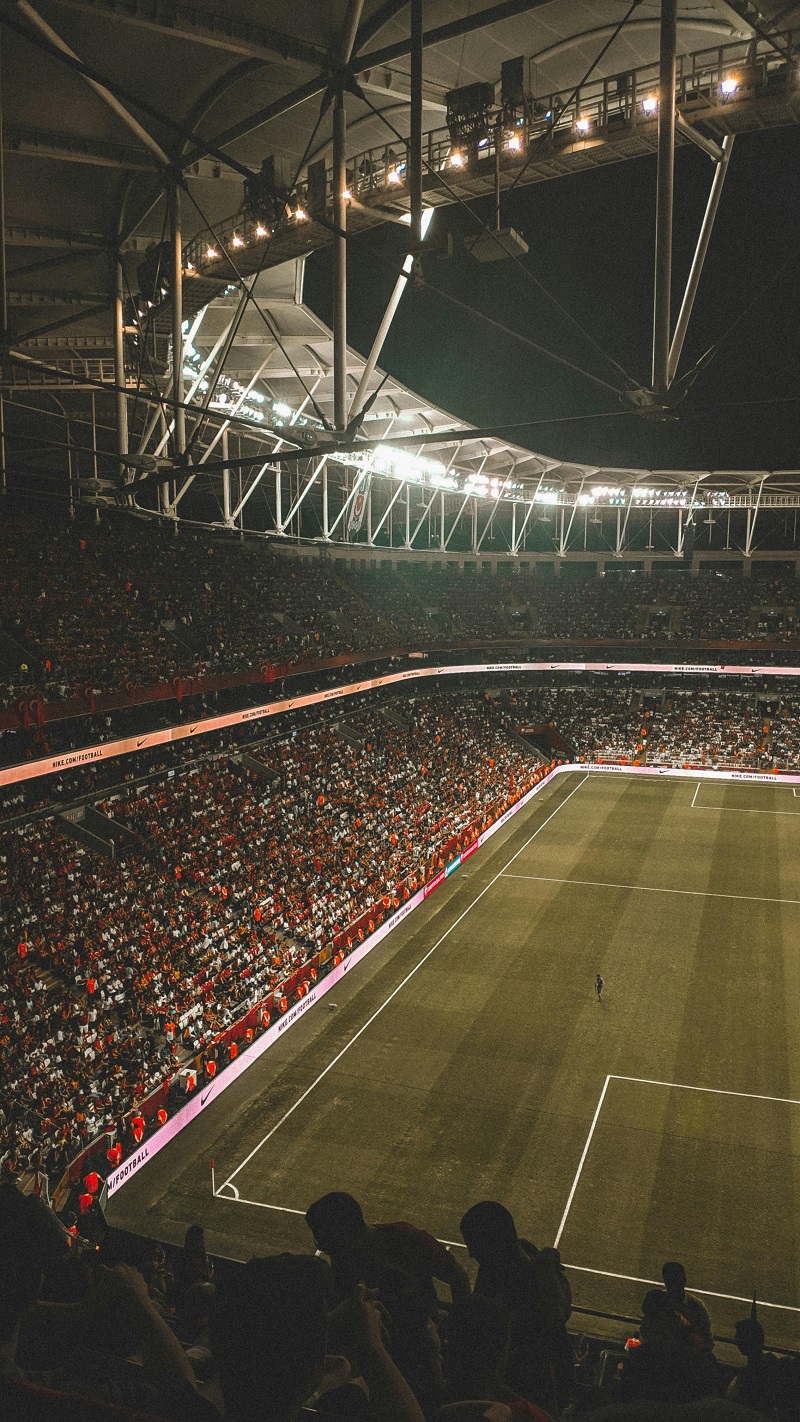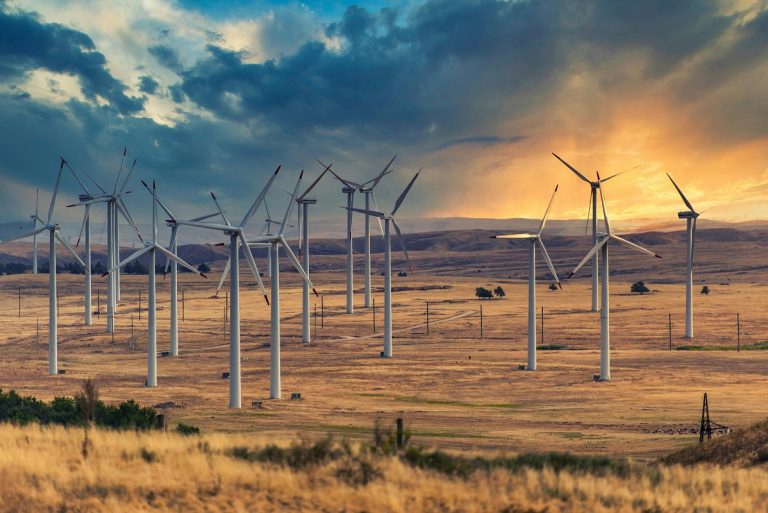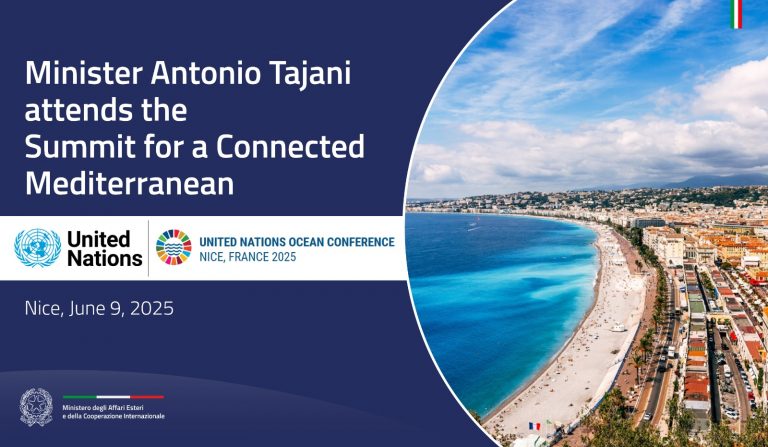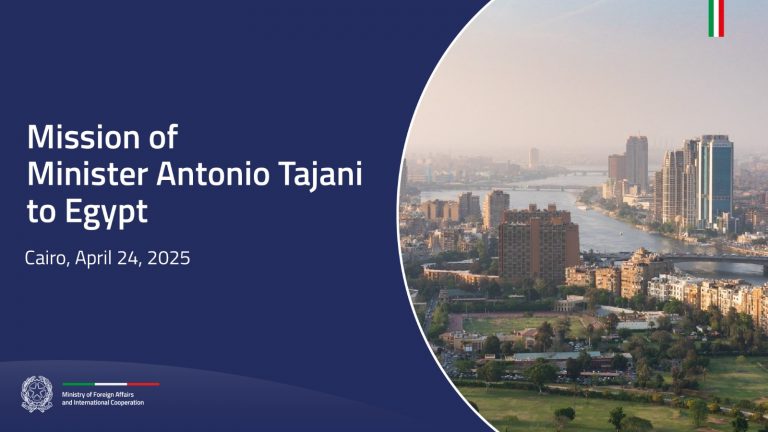Morocco is establishing itself as an important strategic hub in the African economic and geopolitical landscape, with a series of ambitious projects ranging from water management to energy transition, including the development of modern transport and a competitive industry. As set out in the latest draft of the Finance Bill, the country is investing significantly to modernise its infrastructure and attract foreign investment, with a focus on the major event of the 2030 FIFA World Cup.
In fact, the draft Finance Bill envisages large investment in the construction and modernisation of seven stadiums, including the new 115,000-seat Grand Stade Hassan II de Casablanca, which could host the World Cup final. An expanded sports offer is also planned throughout the country, with the construction of new facilities and the improvement of existing ones. Morocco is also investing heavily in the development of its transport infrastructure to improve connectivity at home and abroad. In terms of roads and motorways, several construction and modernisation projects are planned, with a focus on the areas affected by the 2023 earthquake and connections to the new port of Nador West Med. Expansion work is also underway at the airports of Rabat-Salé, Tétouan and Al-Hoceima. In the railway sector, Morocco is carrying out an ambitious investment programme for the modernisation and electrification of the traditional network, as well as for the creation of an urban and regional rail transport service. Furthermore, Morocco is aiming to strengthen its role as a hub for connections with West Africa through the extension of its merchant fleet, while work will continue on the Atlantic port of Dakhla and the expansion of the port of Casablanca.
In addition to infrastructure investment, Morocco intends to tackle the challenge of water resource management with the aim of ensuring a fair supply to the entire population. The construction of 18 new dams will help increase the country’s reserves, while the commissioning of some 20 desalination plants will increase the availability of drinking water. In this context, the French company Veolia has undertaken to develop a 300 million cubic metre per year project on the Atlantic coast of Rabat. Moreover, the National Drinking Water Supply Programme envisages actions to improve rural hydro-agricultural management.
Morocco is also accelerating its energy transition, with the recent authorisation of four new wind farms (Aferkat, Ghrad Jrad, Jbel Khamadi and Bir Anzaran II) and two new solar parks (in Tangier and Fes). The country is focusing on the production of green hydrogen, making one million hectares of land available for new projects in this sector. Finally, Morocco is cooperating with the International Atomic Energy Agency (IAEA) to develop a nuclear programme.
Another pillar of the Finance Bill is the expansion of the industrial sector, particularly the automotive sector. In fact, Morocco aims to benefit from the ecosystems of Stellantis and Renault, which have helped make the country one of the largest car manufacturers in Africa. In view of further strengthening the competitiveness of the sector, five new logistics and industrial zones are planned in Agadir, Fes, Kenitra, Beni Mellal and Casablanca. In the aeronautics sector, Morocco is collaborating with Boeing on the creation of a new centre, the African Centre of Manufacturing Excellence (ACME), to be developed together with the Mohammed VI Polytechnic University of Ben Guerir.
These ambitious development projects outline a dynamic and promising context for Morocco, which is confirmed as an important economic partner at regional and international levels. With a steadily growing trade and a positive balance of EUR 808 million in 2023, Italy is among the country’s main partners. Moreover, the increase in Morocco’s Foreign Direct Investment (FDI) in Italy testifies to a new economic dynamics between the two countries, with Morocco increasingly interested in acquiring Italian companies, thus showing a growing mutual interest. Cassa Depositi e Prestiti (CDP) has also decided to strengthen its presence, with the forthcoming opening of a representative office in Rabat.








